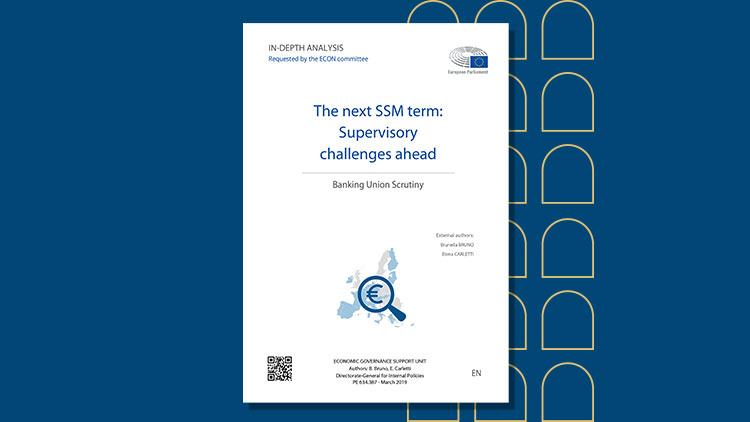Links
Next content
Read more
European financial infrastructure in the face of new challenges
This book critically analyses, reviews and debates the internal and external disruptions that may be putting Europe’s financial system under stress. Papers collected in this book focus on the topics of Extra-Territoriality and Financial...
Abstract
Compared to the pre-SSM period, the European banking system today appears healthier and sounder. Capital ratios and asset quality have steadily improved. Capital ratios have become not
only higher but also more comparable and reliable. Taking stock of these positive outcomes, the challenges for supervision in the future is to be able to foster financial integration and reconcile harmonisation with greater consideration of bank and country specificities. In this respect, we see an approach encouraging supervisory dialogue positively. Furthermore, supervisory
requirements need to be simple, clear, and possibly stable to reduce uncertainty and the compliance costs of an overly demanding supervision. We also look forward to a model that does not let out of sight the very final goal of good supervision, that is favouring economic growth through a healthier and sounder banking system. Overall, we encourage more nuanced and less ‘one-size-fits-all’ supervisory decisions, supported by stronger empirical research to reduce the risk of unintended effects.
